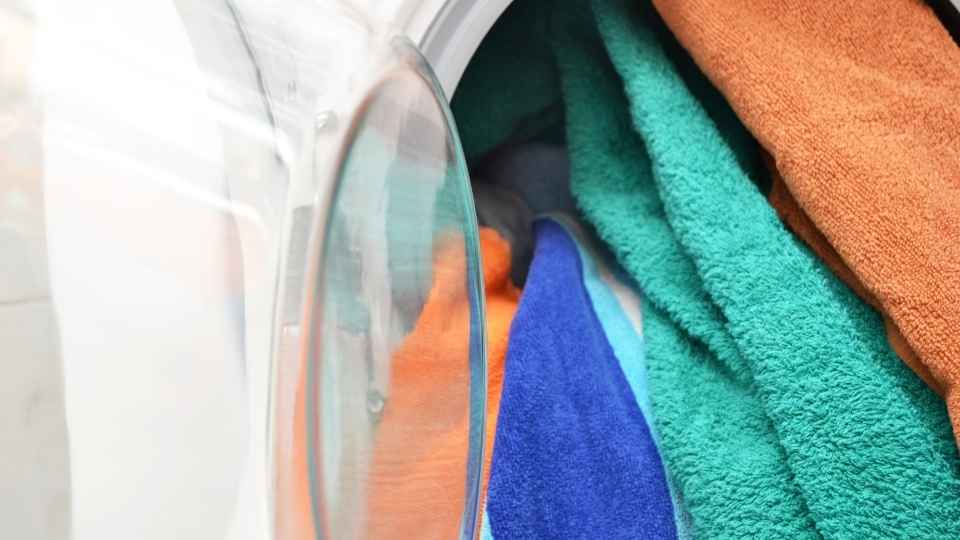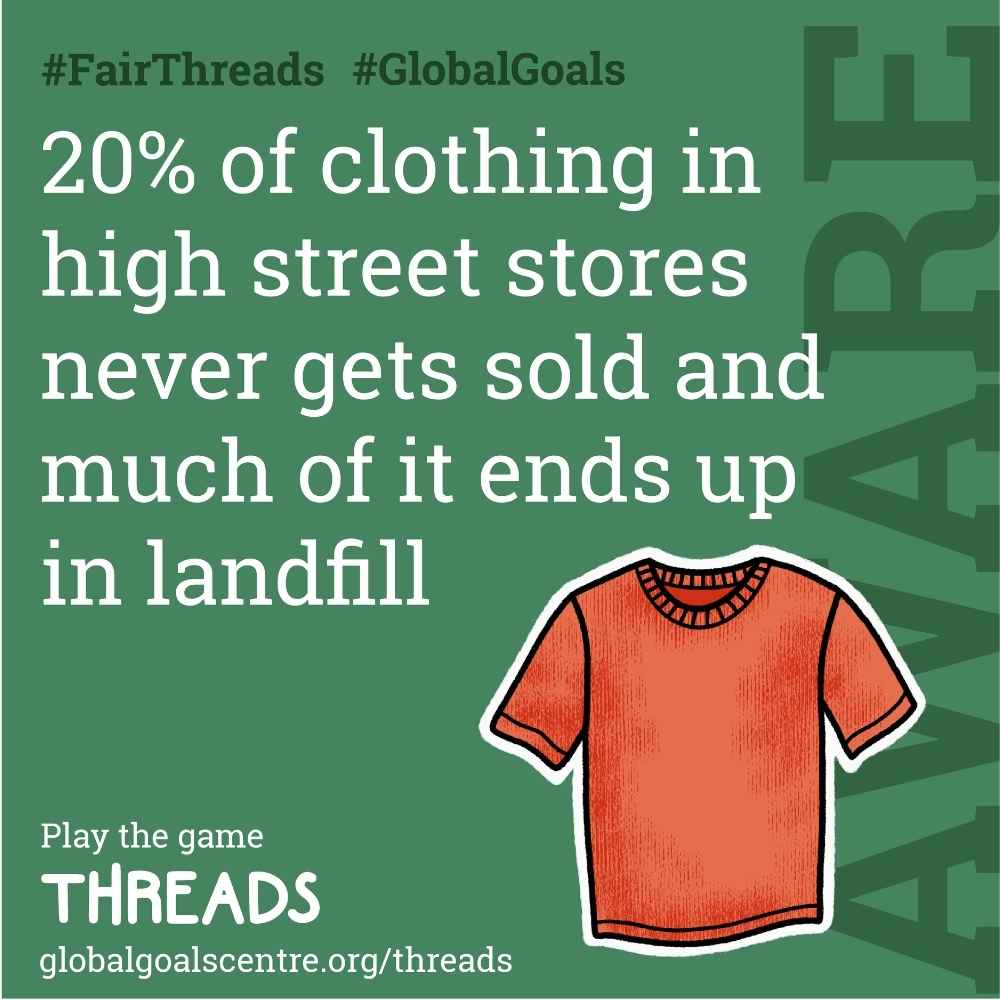
Good Employment Charter
B in the Know: The Routes and Benefits to Becoming a B Corp
March at Future Leap with Alan Bailey
February at Future Leap with Katherine Piper
“Just being 100% renewable in itself was a piece of activism”
Shouting Sustainability from the Rooftops with Molly Byrne
January at Future Leap with Katherine Piper
December at Future Leap with Katherine Piper
Future Leap News: November
Future Leap News: October
September at Future Leap with Keryn Seal
Global Goals Centre Launch New Online Game, Threads, to Increase Awareness of the Social and Environmental Impacts of Clothing
Ahead of #FashionRevolutionWeek, Network members Global Goals Centre are excited to share a new online game Threads and some education resources to increase awareness of the social and environmental impacts of our clothing. And find positive solutions! Follow the journey of your clothes and explore the social and environmental impacts of the fashion industry. Play here (not on mobiles). The game is aimed at ages 8-14 but is fun for all to play.
Did you know some of your clothes are made of plastic?
Polyester is a kind of plastic. 25 billion tonnes of polyester are produced every year. Polyester clothes will take between 20 and 200 years to decompose. As they break down, the microfibres will continue to pollute the soil and the water
Your clothes are thirsty!
It takes 2,700 litres of water to make one t-shirt from this kind of cotton. That’s as much water as you will drink in the next two and a half years. Be aware – fashion can be dirty! The global fashion industry is responsible for 8-10% of the world’s carbon dioxide emissions.

20% of clothing in high street chains never gets sold.
£140 million worth of clothing goes into landfill each year in the UK.
The people who make your clothes
In some countries, they use children to pick cotton because they have small hands which makes them better at it. And in other countries, people are forced to pick cotton. Even today.
Women make up 80% garment workers. At least a third of these are paid less than the minimum wage, including some in the UK.
Here are some tips for what you can do to have a more sustainable and ethical wardrobe:
Care for your clothes and the environment. Washing clothes at lower temperatures, washing less often and generally looking after them helps them last longer and saves carbon and water, reduces microfibres and saves money!
Repair your clothes & help repair our planet.
Rewear your clothes: The average item of clothing is only worn 7 times. Can you commit to wearing yours at least 20 times?
Share your clothes: For example; resale sites, clothes hire, swishing.
Share what you know: Tell others about what you’ve learnt. Make a button patch or fabric poster to put in your window, ask whoever do the washing to turn down the washing machine temperature and share what you’ve learnt on social media!

